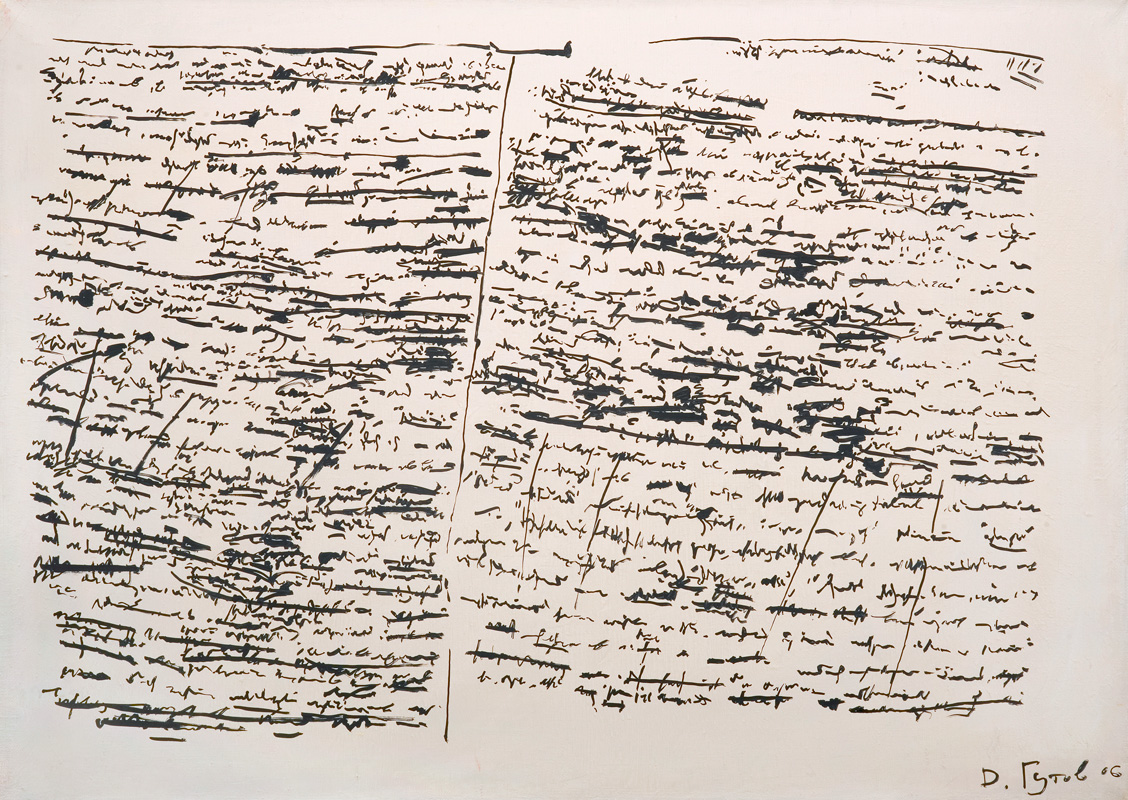Paris Manuscripts: crucial landmark in evolution of Marxist thoughtBY


On April 12, an academic seminar in honor of the 170th anniversary of the manuscripts took place in Beijing.
In studying the evolution of Karl Marx's thought, The Paris Manuscripts are indisputably one of the most important classical works. On April 12, an academic seminar in honor of the 170th anniversary of the manuscripts took place in Beijing. Discussing topics related to Marx's humanistic thought, attendees advocated studying The Paris Manuscripts by combining historiography and logic.
Philological issues
The Paris Manuscripts refers to a series of notes Marx wrote while living in Paris from October 1843 to January 1845. Also called Economic and Philosophical Manuscripts of 1844, they were for a long time interpreted according to a logical thematic order into which German and Russian collators had organized them. In 1982, however, they were printed in the original order in which Marx wrote them as part of the Karl Marx, Frederick Engels: Collected Works (MEGA).
Nie Jinfang, a professor from the Department of Philosophy at Peking University, recently edited a Chinese version of The Paris Manuscripts based on the original order. Working closely with the text, Nie’s version references a previous translation by the Central Compilation and Translation Bureau.
According to Nie, scholars often mistake a subsection of the manuscripts, the “Three Notebooks”, for the whole thing. Nie observed that excerpts and transcriptions of the works on political economy written by Marx’s contemporaries or predecessors form just one part of Marx’s works in the period. These could be called the “Paris notes”, he said, indicating that they bear little relevance to Marx’s own ideas and only contain a few lines of commentary or annotation here and there. Another category of Marx’s work in this time period largely centers on his elaboration of his own ideas. Though there are a few portions that are clearly inspired by other scholars, Marx’s own thought forms a substantial part of this account. However, the editor of the second edition of MEGA, Inge Taubert, believes the sequence is different. Professor Han Lixin from the Department of Philosophy at Tsinghua University argued that because of the heterogeneity between the sections made obvious by this debate, it is important for scholars of Marx to study the features of each sections as well as the contradictions between sections.
Historical role
Re-visiting and combing through The Paris Manuscript has contributed to new breakthroughs, allowing for new understandings of its role in the history of Marxism.
Two other professors of philosophy from Peking University, Zhao Jiaxiang and Feng Ziyi, explored the academic status of The Paris Manuscripts in relation to Das Kapital, Feuerbach’s humanism, and G.W.F. Hegel. As the earliest work of Marx, the manuscripts are the basis for ideas later developed in Das Kapital, they concluded. Traces of Feuerbach’s thought can be found in the manuscripts, but at this point both Zhao and Feng believe Marx’s theory of alienation, adopted from Feuerbach, has surpassed the importance of Feuerbach’s humanism. Marx was deeply inspired by Hegelian dialectics, out of which he built his critiques of classical political economy and capitalist society. The Paris Manuscripts also show where Marx’s thought deviates from the members of the Young Hegelians, apart from Feuerbach.
To grasp The Paris Manuscripts’ position more precisely, Han re-interpreted early Marxist thought by applying the concept of practice (subject-object relationship) articulated by Chinese academics to explain the essence of Marx’s methods. In Comments on Mill, Marx, for the first time, illustrates the essence of humans and society from external relations like economy and social class. Here, his perspective shifts from the isolated subject-object relationship to interpersonal relations. Han argued that Marx’s thought transcends Feuerbach’s historical idealism.
Elaborating on the theory of alienation Marx first articulated in The Paris Manuscripts, Professor Wang Fengming from Tsinghua university noted that Marx both analyzes the phenomena that the alienation of laborers from their work gives rise to, and tries to understand the reasons for the alienation of labor from production by examining the relationship between the alienation of labor and private property. In so doing, Marx explores the possibility of ending the alienation of labor, said Wang.
Participants pointed out that in The Paris Manuscripts, Marx starts from the economic facts of his day, transcending classical political economy.
"However, in contrast to national economics, what Marx criticizes is the institution of capitalism. He argues alternative models of historical circumstances and new possible solutions," remarked Wei Xiaoping, a research fellow from the Chinese fellow from the Chinese Academy of Social Sciences.
The Chinese version appeared in Chinese Social Sciences Today, No. 584, April 16, 2014
Translated by Bai Le
Revised by Charles Horne
Chinese link:
http://news.cssn.cn/zx/bwyc/201404/t20140416_1069160.shtml
